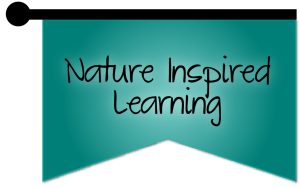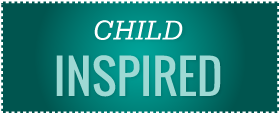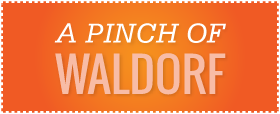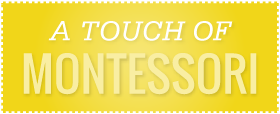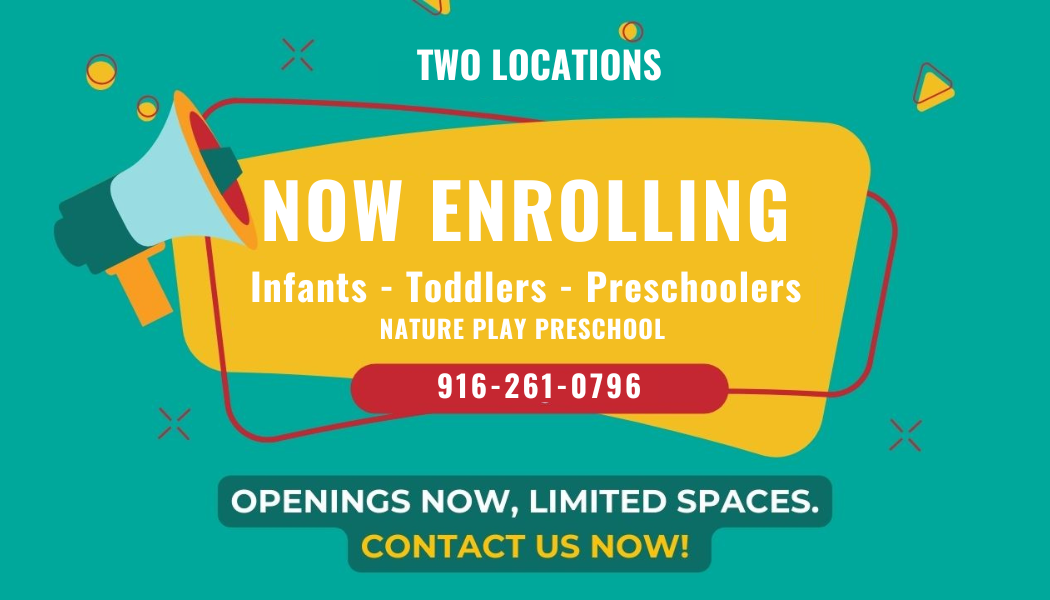The Hidden Guilt and Shame of Parents
By Julie Jenkins Sathe
Author of Enlightened Discipline ©
No, I’m not talking about the mass murderer’s mom or the serial killer’s dad, I’m talking about all of the normal parents with normal children whose child occasionally does something to another person (usually another child) and we, the parents feel so BAD. Awful, horrible, ashamed, guilty, wretched, distraught……….….Your child has hit someone, they’ve scratched, spit, yelled, and screamed, they’ve lied, they knocked over the nice, little girl in the sandbox, they kicked the little toddler who took their favorite shovel……and YOU, the parent feel horrible.
The worst example I’ve seen in my 30 years in the early childhood field is parents of (drum roll, here) the dreaded….BITER. I’m not sure who is more emotional, the parents of the child who was bitten, or the parents of the BITER! (Certainly most parents are way more emotional than either of the children).
So, of course if you are the parent of a child who is hurt in any way it is easy to become overly emotional and want immediate revenge and retaliation to whomever has harmed your little one. But, all that being said it is not and never will be appropriate for a parent to confront a child (or the parent of the child) over childlike behavior. The child who has hurt your young one should be treated as unemotionally as possible. You may not be able to do it. You are simply too emotional. The teacher or playground aide or parent of that child must be the one to intervene. It is unlikely that you, the parent of the injured toddler will be able to remain as detached as is appropriate.
Even the parent of the child who has caused harm, must make sure they separate their own emotions from the way they respond to their child’s actions. As a parent, you are to a degree responsible for the behavior, lessons and manners of your child; but as more time passes you must begin to separate from him/her. We hear a lot about young children needing to learn to separate from their parents, but indeed the reverse is also true. Parents must learn to separate themselves, emotionally from the behavior of their children. It continues to be your role as parent to teach and re-teach what you expect and depend on your child to DO or NOT to do. But your job as a person is to separate what your child does from your own actions and teach without guilt, shame or emotion.
If, as parents we remain too emotionally involved in our own child’s behavior it is difficult to keep a perspective that supports us to be good teachers of our children. Instead, in a state of emotion, we are likely to walk a dangerous road of influencing them with our own strong emotions of guilt, shame and embarrassment. As parents, we must do our best to discipline without strong emotions. Strong emotions mixed with discipline lead to actions that are either too severe or too passive. Parents may go over the top with their own humiliation and resort to discipline that piles up all the frustration they have ever felt and exert that punishment now, in this moment. Or, alternatively, parents may feel like such a personal failure that they don’t hold their child accountable for their own behavior.
Balance is key. Your child is responsible for their own behavior, good or bad. They must know what it is, see the consequences and do what is developmentally appropriate to correct, heal or help the one they hurt. Creating an avenue for success for the offender and healing for the victim is the best way to move through this type of experience to the other side and move on. Teaching these skills without emotion is the way you can be the best parent for your child.

